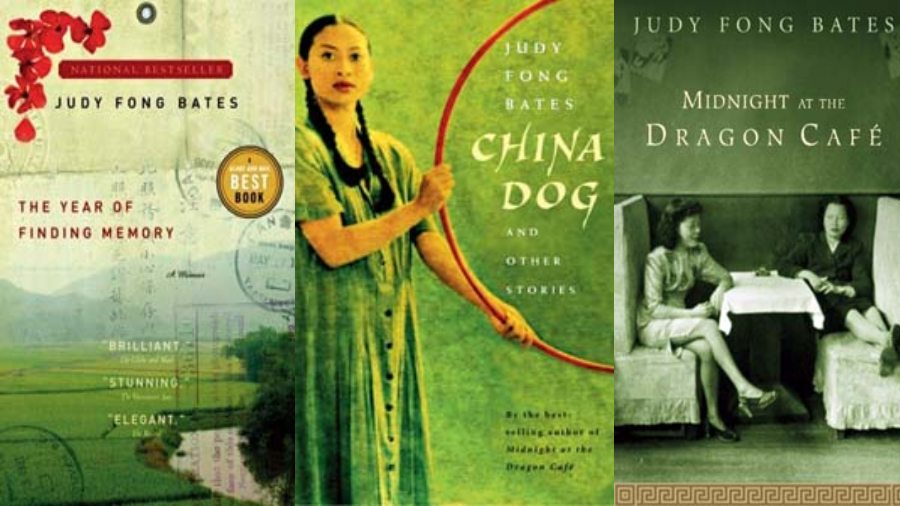The Bengal Club’s book club meet on January 21 welcomed diasporic Chinese-Canadian author Judy Fong-Bates for a conversation around her recent book The Year of Finding Memory, with Julie Banerjee Mehta. Speaking to the Bengal audience online all the way from cold Ontario, which had a minus-20-degree temperature, she radiated warmth as she could only join the meeting at the later end of the conversation due to an unfortunate power supply issue.
The evening turned out to be a fantastic online replication of the age-old book club meets that has readers getting together to discuss their emotions and thoughts about the book of the week. Fong-Bates’ previous books include China Dog and Midnight at the Dragon Cafe. No stranger to Calcutta, she has previously given lectures at Jadavpur University’s Centre for Canadian Studies. “She is a very direct writer who is very well-known in Canada for her dealings with the diaspora. She walks that in-between space by celebrating her hybridity,” Mehta said.

Judy Fong-Bates
The evening turned out to be a fantastic outpouring of all things love, loss, memory, reclamation and belonging. Mehta spoke about the loss of culture and language and the violence inflicted on the mother tongue for second-generation children of immigrants and the need to retrieve them at some point of their lives. Mehta also dug into the topic of memoir and what qualifies as one. The invigorating discussion amongst the book club members showed a keen interest in the increasingly lost art of reading.
“Many of the comments that were made brings to mind Walter Mosley’s words to me a few years back. That one would often be read by readers who are smarter than you and who will probably get more out of the book than you have put in it, and I am humbly reminded of that,” Fong-Bates said. Her childhood was similar to a lot of others in the aspect of accepting their childhood as normal.

Julie Banerjee Mehta
Children don’t compare until they are much older. It was similar for the author who had grown up accepting that they lived in a laundry and her father washed other people’s clothes. “I quickly realised that it wasn’t everyone’s normal but it was mine,” she said of her childhood that is so poignantly portrayed in her memoir. Another recurring thought that emerged from this conversation was the need or presence of compartmentalising in the mind as a survival trick. “I was a fairly compliant child, one who is not secure enough to be a rebellious child. The teachers liked me and all of this contributed to a happy childhood. When I look back, I know it was a childhood of struggle but I was so determined to be happy and to fit in, that I made it a happy childhood,” the author said.
The author also spoke about her experience of travelling to her fatherland, an experience that has found its place in the book. She was overwhelmed with emotions as she felt that it was a reinforcement of her outsider status. “Some ways I felt that I was watching someone else’s stories,” she said. Her stories were born from a place of urgency. She felt that it was time someone told these stories and she decided to write them. That urgency lends itself to her seminal texts that are a must-read for all. The session is available for viewing on The Bengal Club’s YouTube channel. For viewers and listeners tuning in, we are confident that Fong-Bates’ writing and her thoughts were just as stimulating as the book club format of book discussion.
